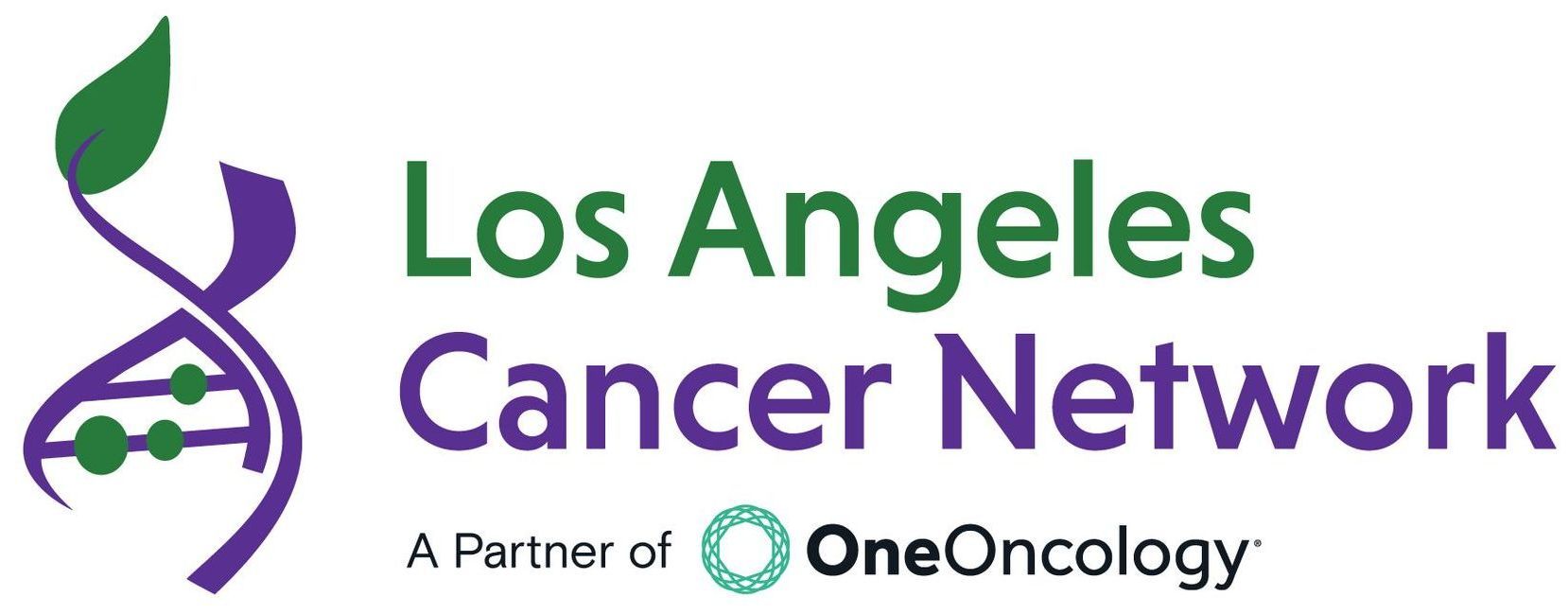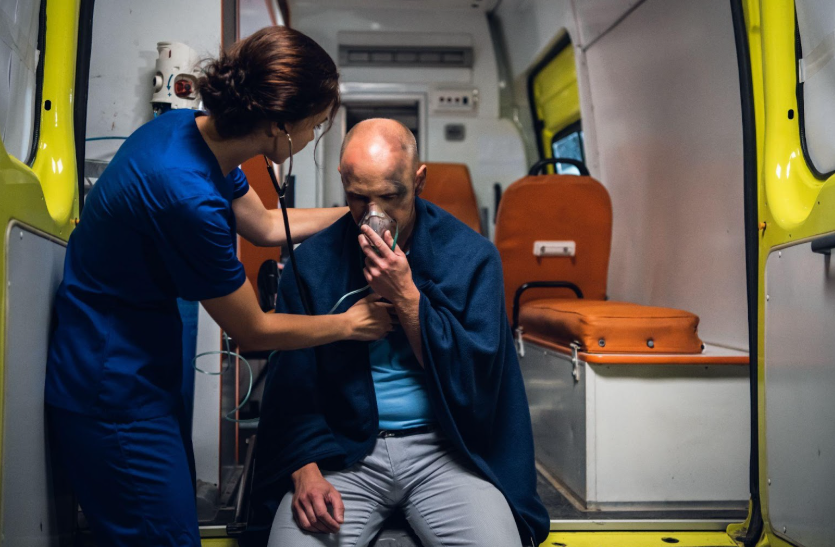What You Should Know Before and After Surgery for Cancer
What You Should Know Before and After Surgery for Cancer

Surgery for cancer is not just a medical procedure; it’s a life-changing event that requires mental, physical, and logistical preparation. By understanding the nuances of pre- and post-operative care, you can empower yourself to approach this journey with clarity and confidence.
The Purpose of Cancer Surgery
Cancer surgery isn’t always about removing a tumor. It can also serve diagnostic, preventive, or palliative purposes. For example:
- Diagnostic Precision: In cases where imaging tests can’t definitively diagnose cancer, surgeons may perform a biopsy or exploratory surgery to confirm the presence and type of cancer.
- Risk Reduction: Preventive surgeries like prophylactic mastectomies for those with BRCA gene mutations are designed to significantly reduce cancer risk.
- Palliative Goals: Surgery can alleviate pain or complications caused by tumors pressing on vital organs, enhancing the patient’s quality of life even if the cancer isn’t curable.
Understanding your surgery's specific intent will help you align your expectations and focus on your post-surgical goals.
Preparing for Surgery
Preparation is key for a smooth surgical experience and recovery. Here’s how to best get ready for the procedure:
Second Opinions and Surgical Expertise
Never hesitate to seek a second opinion, even if you trust your current oncologist. Choosing a surgeon with a specialized background in your type of cancer can drastically improve outcomes. Look for specialists affiliated with high-volume cancer centers, as they are often more adept at handling complex cases.
Tailoring Your Preoperative Nutrition
Your nutritional status can impact surgical outcomes. Speak to a registered dietitian experienced in oncology to create a plan that bolsters your body’s ability to heal. For example:
- Increase Protein Intake: Proteins like lean meat, legumes, and Greek yogurt help repair tissues post-surgery.
- Micronutrient Boost: Ensure adequate levels of zinc and vitamin C, which are critical for wound healing.
- Avoid Hidden Risks: Some supplements, such as fish oil or ginseng, may increase bleeding risk and should be avoided unless approved by your healthcare team.
Mental Health Preparation
Facing surgery can be emotionally overwhelming. Preoperative counseling or mindfulness training can help you develop coping strategies. Some patients benefit from visualization techniques where they imagine a successful surgery and smooth recovery, as this can reduce stress and promote a positive outlook.
Plan Your Logistics
Set up your post-surgery environment in advance. Create a recovery space with essentials like medications, water, and entertainment within reach. Also arrange transportation and assistance for daily activities, especially if your surgery limits mobility or requires prolonged rest.
Navigating Recovery: The First 72 Hours
The immediate aftermath of surgery is critical for ensuring long-term recovery. Pain management, early mobilization, and monitoring for complications are important in these early hours.
Pain Management Without Overuse of Opioids
Discuss a multimodal pain management plan with your care team to avoid reliance on opioids. Options may include:
- Regional Nerve Blocks: These can provide localized pain relief for up to several days post-surgery.
- Non-Opioid Medications: Anti-inflammatory drugs and acetaminophen can be effective alternatives.
- Complementary Therapies: Acupuncture or transcutaneous electrical nerve stimulation (TENS) devices have shown promise in reducing postoperative discomfort.
Early Mobilization
Unless contraindicated, moving as soon as possible after surgery can lower the risk of blood clots and improve lung function. Start small, such as sitting up in bed or taking short walks, as advised by your surgeon.
Signs of Complications
Know the red flags of postoperative complications, including a persistent fever above 101°F (38.3°C), increasing redness or swelling around the incision site, and sudden shortness of breath or chest pain as this can indicate a pulmonary embolism. Report these symptoms to your medical team immediately.
Post-Surgery Long-Term Recovery: Beyond Physical Healing
Recovery from cancer surgery extends far beyond the hospital stay. Building physical strength, managing emotions, and regaining normalcy requires a thoughtful, long-term approach.
Physical Rehabilitation
Depending on your surgery type, physical therapy may be critical. For example, breast cancer surgery patients often need exercises to restore shoulder mobility, while abdominal surgery patients might benefit from core-strengthening programs to regain functionality.
Rebuilding Gut Health
If your surgery involved the gastrointestinal tract, recovery might include rebuilding gut flora. Probiotics and prebiotic-rich foods like bananas, asparagus, and oats can support this process. However, consult your dietitian before introducing supplements.
Emotional Aftermath and Body Image
Some patients struggle with scars or the loss of function in certain areas. Joining a cancer support group or working with a therapist specializing in body image can help you process these feelings and rebuild confidence.
Managing Recurrence Anxiety
It’s common for patients to feel anxious about the possibility of cancer returning. Develop a proactive plan with your oncologist, including:
- Scheduled Surveillance Scans: Regular follow-ups ensure early detection of any recurrence.
- Adopting Healthy Habits: Exercise, a balanced diet, and stress management can not only improve overall well-being but also lower recurrence risk.
- Addressing Fear Directly: Cognitive-behavioral therapy (CBT) and mindfulness-based stress reduction (MBSR) techniques are scientifically supported tools for managing cancer-related anxiety.
Leveraging Support Systems
Cancer surgery recovery is not meant to be a solitary journey. Here’s how you can make use of support systems:
- Professional Support: Seek advice from social workers or trusted healthcare professionals to access financial aid, transportation services, or home health care.
- Peer Networks: Online and in-person cancer communities can connect you with others who’ve undergone similar surgeries, offering encouragement and practical tips.
- Family and Friends: Communicate your needs to loved ones, whether it’s help with errands, meals, or simply emotional support.
Customizing Your Post-Surgery Lifestyle
Your lifestyle after cancer surgery should be tailored to your physical capabilities, work demands, and emotional needs. Work with your doctor to create a phased return-to-work plan, considering both physical and emotional readiness. For physically demanding jobs, occupational therapy may be necessary to assess your capacity and recommend modifications.
Incorporate low-impact activities like yoga or tai chi to regain strength while reducing stress. These practices can be adapted for almost any physical limitation and offer additional mental health benefits. All the while, remember that recovery from cancer surgery is not linear. Celebrate milestones, no matter how small, such as regaining mobility, resuming a hobby, or completing a follow-up appointment without anxiety.
Take control of your cancer journey with expert surgical care at
LA Cancer Network. Our team is here to guide you every step of the way—call today to schedule your consultation!






















